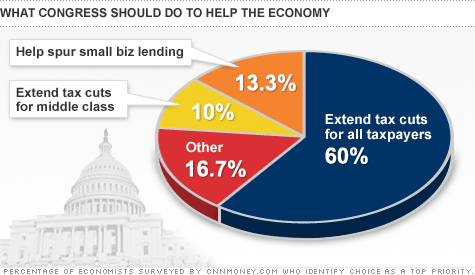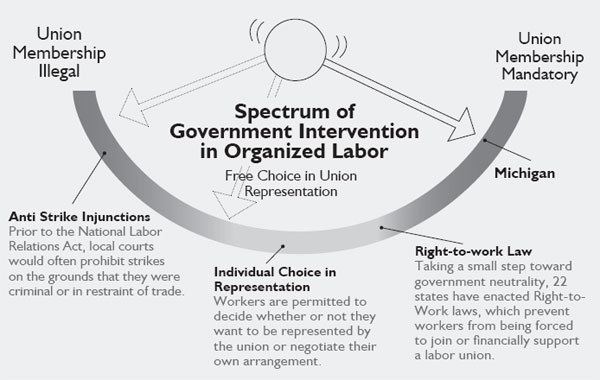
Journal columnist Winthrop Quigley seems to believe that what New Mexico’s struggling economy needs right now is higher taxes. We at the Rio Grande Foundation couldn’t disagree more and believe raising taxes would have further deleterious effects on our economy.
Disagreements aside, we do share agreement with Quigley that New Mexico’s tax structure must be reformed. The gross receipts tax is uniquely harmful to the growth and development of small businesses. It also encourages businesses to lobby the Legislature to lobby for exemptions or outright subsidies before locating here. The Legislature must act to reform this harmful tax structure.
It is a myth that New Mexico is a low-tax state. According to the Federation of Tax Administrators, our tax burden as a percent of personal income is ninth-heaviest in the nation. This is far heavier than the tax burdens of our more economically successful neighbors : Arizona ranks 39, Colorado 45, Oklahoma 37, Texas 44 and Utah 31.
Now for the (substantial) disagreements.
Quigley argues that New Mexico public employee salaries are lower than those in neighboring states. Salaries are just part of the compensation for any worker, especially government employees.
According to Key Policy data from 2013, New Mexico state and local workers make 20 percent more than their private-sector counterparts once pensions and benefits are included.
This is the 12th-highest compensation ratio in the country and far higher than in neighboring states. It also is a very good argument for serious reform of New Mexico’s government pension system.

More importantly, public employees should be paid based on what the market will bear. New Mexico’s unemployment rate is higher than that of its neighbors. The pay of government workers should reflect local market conditions.
Perhaps more importantly, New Mexico’s government workforce is bloated. Again according to Key Policy data, New Mexico has the second-most government employees relative to private-sector workers.

When the number of government workers is compared to the population they serve and educators are removed from the equation, New Mexico falls to 10th-highest (according to Governing Magazine), but still far in excess of our neighbors.
As to specific ideas, we concur with Journal readers who have pointed to the RailRunner and Spaceport as likely cuts. Obviously, those aren’t enough. The next fattest target is higher education.
According to data from State Higher Education officers, New Mexico spent the fifth-most on higher education among U.S. states in 2011, the most recent year for which data are available.
The LFC has done some excellent work on the proliferation of branch campuses (number 25 at last count). It is time to reduce their numbers significantly, especially with overall enrollment declining.
Another area of significant savings is the politically popular, but economically dubious film subsidy program.
Similar programs have been panned by economists from across the political spectrum. A 2014 analysis done at the request of New Mexico’s Legislature found that the film program generated 43 cents in tax revenue for every state tax dollar spent.
Simply put, despite all the rosy press releases, New Mexico’s film program is a money-loser for New Mexico.
Lest one be misled to believe that only “liberal” government programs must be on the chopping block, New Mexico’s Local Economic Development Act program should be cut. Earlier this year, the LFC reported that “the state does not receive sufficient reporting from businesses using LEDA funds to properly evaluate” the program.
One company just received $325,000 from LEDA for the “creation” of just 14 new jobs. With those 14 employees paying income taxes on their $45,000-$50,000 salaries to New Mexico at 5 percent annually, it will take a decade for the state to recoup its “investment.”
And that assumes that the expansion would not have happened without state money.
Cutting the budget is no fun. We need to grow our economy, but our tax code is one of several reasons our economy hasn’t kept up with our neighbors’. Raising taxes will only further damage New Mexico.











 The passing of Justice
The passing of Justice 





















